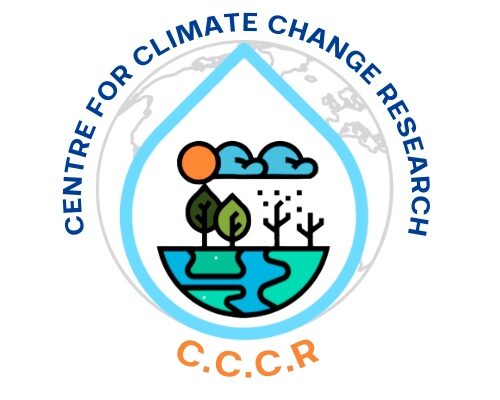NIEHS Superfund Research Program Promotes Climate Change Resilience
Through multidisciplinary, solutions-oriented research, the NIEHS Superfund Research Program (SRP) promotes resilience to climate-related disasters and the health effects of climate change. The NIEHS Superfund Research Program (SRP) supports research across disciplines to address complex environmental health concerns, including climate change. By integrating biomedical and environmental science and engineering research with outreach and training, NIEHS-funded scientists are promoting resilience and health among affected communities.
SRP grantees conduct research to protect the public from hazardous substances, such as volatile organic contaminants and heavy metals, found in Superfund sites and other contaminated sites across the U.S. The changing environmental conditions caused by climate change can alter the distribution and toxicity of the chemicals in these sites. Exposure to these substances is associated with numerous adverse health effects, including cancers, cardiovascular disease, kidney disorders, reproductive issues, and diabetes. More than 60 million people across the U.S. live within 3 miles of a Superfund site. Thus, mitigating the impacts of climate change on contaminated sites is crucial for protecting public health.
“Changes to environmental conditions and water patterns can affect the chemical composition of harmful contaminants, potentially making them more toxic. As we see more extremes in temperatures and precipitation, the way in which people are exposed to harmful contaminants is also likely to change,” said Michelle Heacock, Ph.D., acting director of the Superfund Research Program. “It is a priority for SRP to understand how these changes and complex interactions will affect human health.”
- Client Laura Kiesel
- Date December 10, 2014
- Tags Climate Change
![Iraq Climate Change Center [IC3+]](https://iraqclimatechange.org/wp-content/uploads/2024/06/logo2.png)

